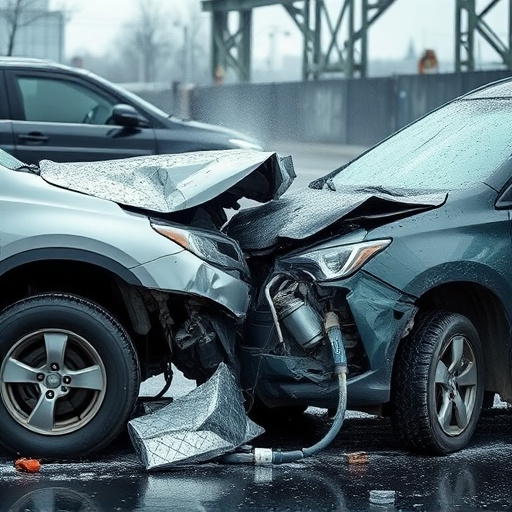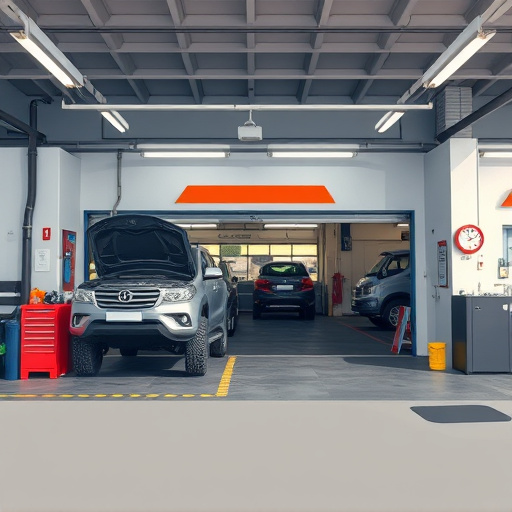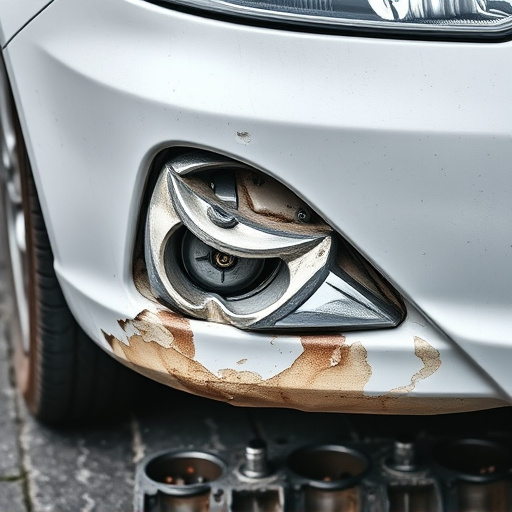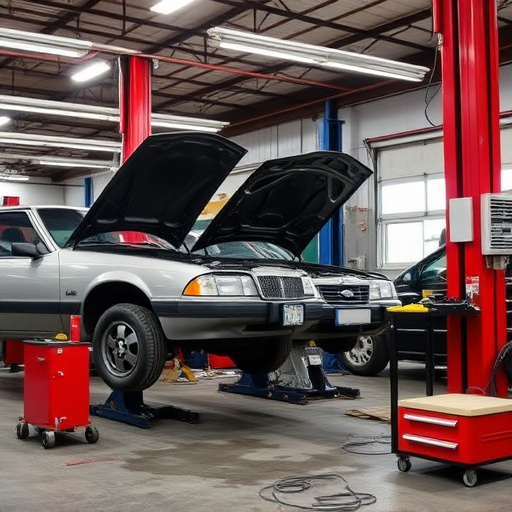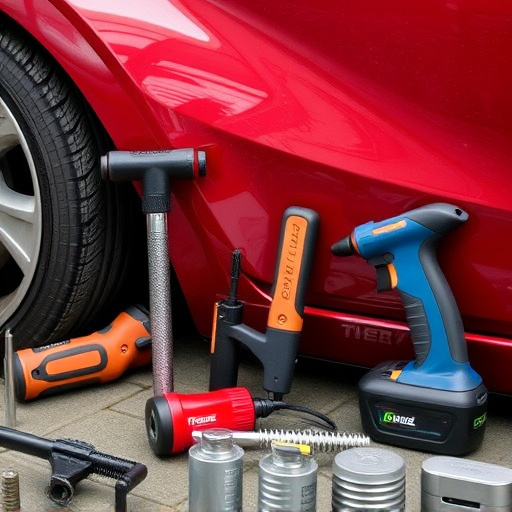Rejecting insurance-recommended repairs can cause delays, safety risks, and higher costs due to lack of access to specialized parts and equipment. While collision centers may have a reputation for lower quality or higher prices, alternatives exist. Comparing quotes from various shops empowers informed decisions, saving money without compromising vehicle safety. Ignoring recommended repairs could lead to more costly structural damage later, missing insurance discounts. Weighing immediate costs against future benefits is crucial for optimal vehicle condition.
When an insurance company recommends a repair, it’s tempting to stick with their suggestion for convenience. However, rejecting this path can have hidden costs. This article explores the trade-offs involved, delving into potential delays and inconvenience, opening doors to alternative repair options, and analyzing cost implications—both positive and negative. By understanding what you might give up, you’re empowered to make an informed decision that goes beyond surface convenience.
- Potential Delays and Inconvenience
- Accessing Alternative Repair Options
- Cost Implications and Savings
Potential Delays and Inconvenience

When you decide to reject an insurance-recommended repair, it can lead to significant delays and inconveniences in addressing the damage to your vehicle. Insurance companies often have specific guidelines and approved workshops for repairs, suggesting a reason behind their recommendations—to ensure quality and cost-effectiveness. By turning down this suggested path, you may find yourself navigating through a labyrinth of options, which could prolong the repair process.
These delays can be attributed to various factors. For instance, if you opt for an unapproved workshop or mechanic, they might not have access to specialized parts or equipment required for hail damage repair or vehicle collision repair, leading to further complications and waiting times. Autobody repairs, especially in complex cases, demand precision and adherence to safety standards, which can be compromised when using unauthorized services, potentially causing secondary issues and additional costs.
Accessing Alternative Repair Options

When you reject an insurance-recommended repair, one of the first considerations is accessing alternative options. Many people assume that going with a collision center or collision repair shop means compromising on quality or paying more. However, this isn’t always the case. There’s a wide array of car repair services available, each offering specialized skills and varying price points. Exploring these alternatives can help you find a solution that aligns with your budget and preferences without sacrificing necessary repairs.
Comparing quotes from different collision repair shops or independent mechanics is a smart step. You might discover that certain repairs are more straightforward than initially thought, reducing costs. Moreover, understanding the scope of work involved in recommended repairs allows you to make informed decisions. By doing your research, you can choose from trusted car repair services and ensure your vehicle receives the attention it needs, all while steering clear of unnecessary expenses.
Cost Implications and Savings

When you reject an insurance-recommended repair, it’s important to consider the potential cost implications and savings. While a recommended repair may seem like an additional expense, ignoring necessary vehicle body repair or dent repair could lead to more significant financial burdens down the line. A simple dent repair, for instance, is often less costly than allowing a minor issue to escalate into a major structural problem that requires extensive vehicle restoration.
Moreover, many insurance policies offer discounts or incentives for utilizing recommended repairs. By declining these services, you may miss out on these savings opportunities. It’s crucial to weigh the immediate cost of recommended repairs against the long-term financial benefits of keeping your vehicle in optimal condition through timely maintenance and repairs.
Rejecting an insurance-recommended repair might seem like a quick way to save money, but it could come with significant delays and inconvenience. By opting out, you open yourself up to finding alternative solutions that may not always be readily available or cost-effective. While potential savings are a factor, considering the broader implications on your vehicle’s condition and future repairs is essential. Weighing these factors can help you make an informed decision that balances cost, convenience, and long-term reliability.
